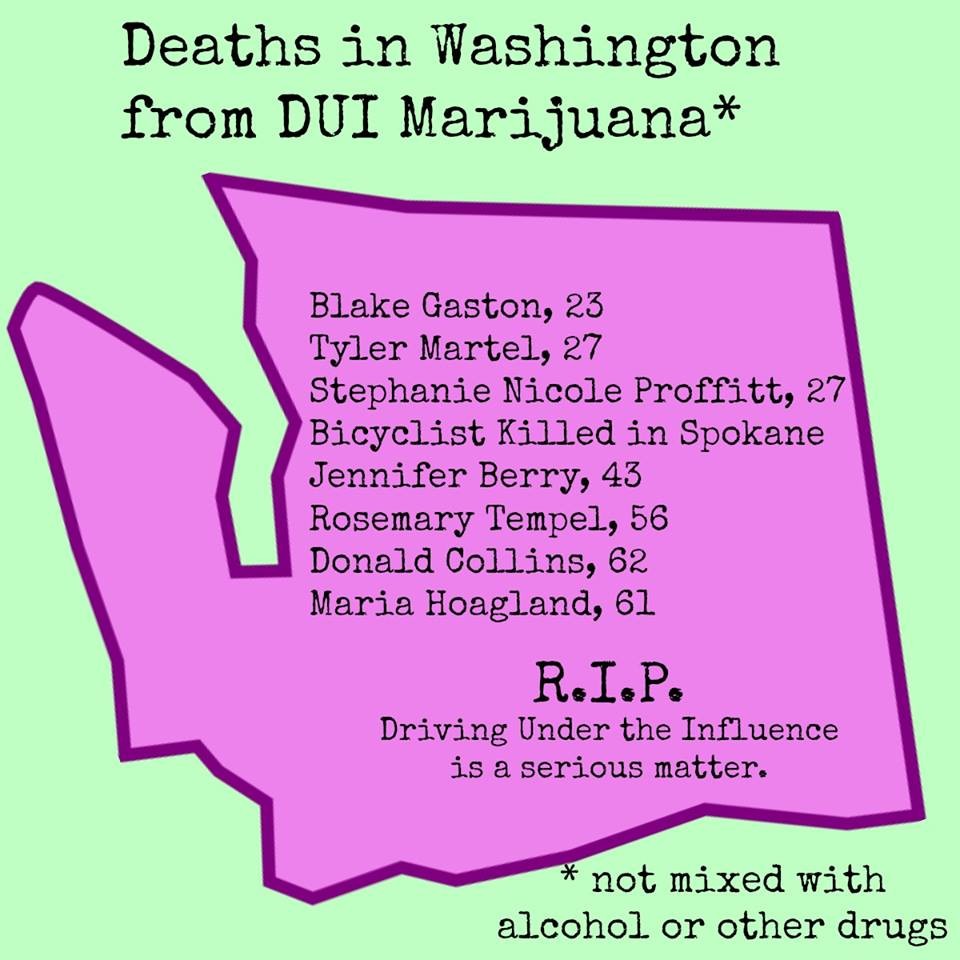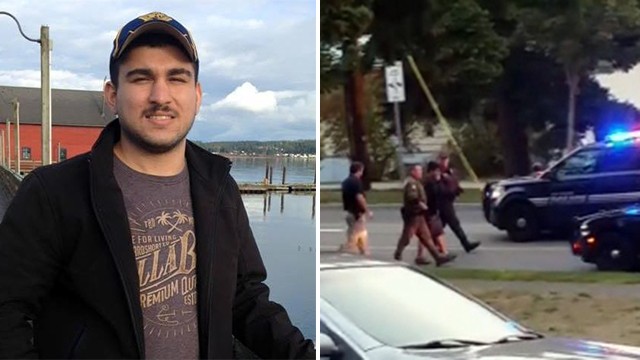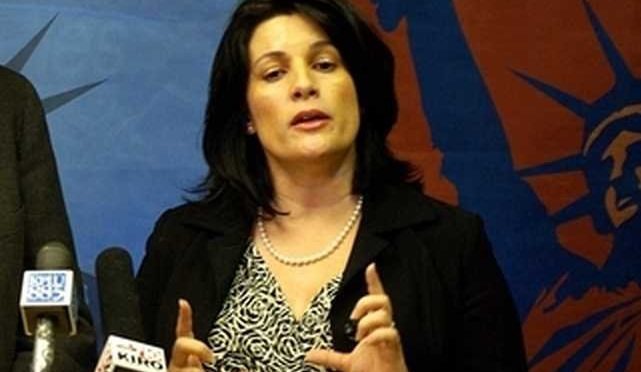Alison Holcomb designed I-502 and the state changed the terms
Alison Holcomb of the ACLU used her genius to write I-502, the 2012 ballot which legalized pot in Washington. She addressed the public’s biggest concerns about accepting the legalization of marijuana, and wrote the ballot to appeal to non-users. It was a brilliant tactic. Soon after legalization, the state disregarded many of those terms.
I-502 had safeguards to prevent stoned driving, public smoking of marijuana, home grows and under-age usage.
Yet, passage of I-502 created many new victims. To a strong extent, the 5-nanogram allowance for THC in drivers is not protecting public health and safety.
The law passed when the state did not have a plan or laws to deal with BHO labs and hash oil explosions. However, federal charges were pressed against serious offenders.
Politicians change the terms of I-502
Politicians changed or loosened some of the most important public safety nets built into I-502. Going against voter expectations, the city of Seattle decided to no longer issue any citations against public use of marijuana.
When Fife, Washington, did not want a dispensary in its community, the ACLU represented a dispensary owner, trying to force the city to allow pot. Fife, however, won in court.
Eventually, “medical” and “recreational” marijuana were unified. NORML’s Keith Stroup told an audience at Emory that his group would use medical marijuana as a red herring to give marijuana a good name to get full legalization. Slowly but surely, this promise made in 1979 has become true.
The Washington State Liquor and Cannabis Board is currently seeking comments on home grows. Washington is the only state with commercial pot stores which does not also allow home grows.
Victims of Marijuana-Impaired Drivers
A stoned driver killed Rosemary Tempel on July 17, 2012, just 3-1/2 months before the vote to legalize. (DUID Victims Voices website reveals judicial mishandling of evidence in this case.) Another stoned driver hit Justin Relethford, 16, on the shoulder of the road, just one week before the vote to legalize. No one informed the public about marijuana’s role in these tragic crashes, which happened right before the vote to legalize.
Justin Relethford died on Halloween of 2012, and 7-year-old Cadence Boyer died on Halloween of 2014, four months after commercial pot dispensaries opened.
Stoned drivers have killed several other young students, including an honor student who would have graduated last June. In 2015, Washington had the highest percentage marijuana-impaired drivers in fatal accidents in the nation. After legalization, King County Sheriff John Urquhart misled voters in other states by saying that legalizing pot didn’t create problems.

After a 17-year-old killed three of his friends while driving stoned in 2015, he spent two years in juvenile detention. The victims’ families felt his punishment was too light. The laws against stoned driving do not carry much weight, and some drivers under the influence get off too easily. Victims’ rights have been shoved aside since legalization in order to defend the bad policy of legalization.
Helping craft the California ballot
Holcomb met with Lt. Governor Gavin Newsom and others who crafted California’s Proposition 64 which passed by a large margin. In January, 2018, commercial stores for marijuana will open and residents express fear of what will happen in such a large state.
After the initiative, Holcomb became Director of the ACLU’s Campaign for Smart Justice, targeting the United States’ high rate of incarceration. The great irony is that goal is attainable only if we find ways to bring down America’s drug use which far exceeds other countries. Former Vice-President Joe Biden said: “If we could wave a wand and do anything to deal with violent crime in America, if you had said to eliminate drug abuse, you would eliminate a significant portion of the violent crime in America….the correlation between violence and drugs is well established.”
Recently Vox.com published articles showing that violent crime, not the “war on drugs,” contributes to mass incarceration.
Legalization causes racial disparities
The King County Metropolitan Council keeps dispensaries out of wealthy communities while leaving poor minority neighborhoods vulnerable. Larry Gossett, a black community leader lamented: “If we’ve already OK’d 15 retail marijuana stores in unincorporated King County and 13 are in two small, working-class neighborhoods, both of which are 50 percent, 60 percent people of color … that doesn’t seem really fair.” He also said that marijuana stores are mainly white-owned businesses despite their prevalence in traditionally black neighborhoods. A similar discrepancy developed in Denver, where the pot shops are disproportionately represented in Hispanic communities.
Vulnerable youth, many who are minorities, become less enabled if they use marijuana. Some people unfamiliar with the potency of today’s marijuana vote in favor of legalization for social justice reasons. Marijuana activists have convinced some voters of the false narrative that people go to jail for possessing small amounts of marijuana. They also say that Congress enacted “Prohibition” because of racism. Ironically, the tactic works well in states like Maine and Vermont which have very small minority populations.
The claims that legalizing marijuana is a “social justice” issue are disingenuous, because the real goal is commercialization for profit.
Legalization Creates other problems including violence
Although I-502 tried to discourage use by those under age 21, it became controversial to charge teens with felonies. Marijuana use rose for 8th graders and 10th graders after legalization, but not for 12th graders.

Alison Holcomb ideals sound good, but they put the rights of drug users ahead of victims and their families. Currently Holcomb works as Director of Strategy for ACLU of Washington. Voters, take note of how ballots manipulate the process and don’t underestimate the power of marijuana lobbyists.

